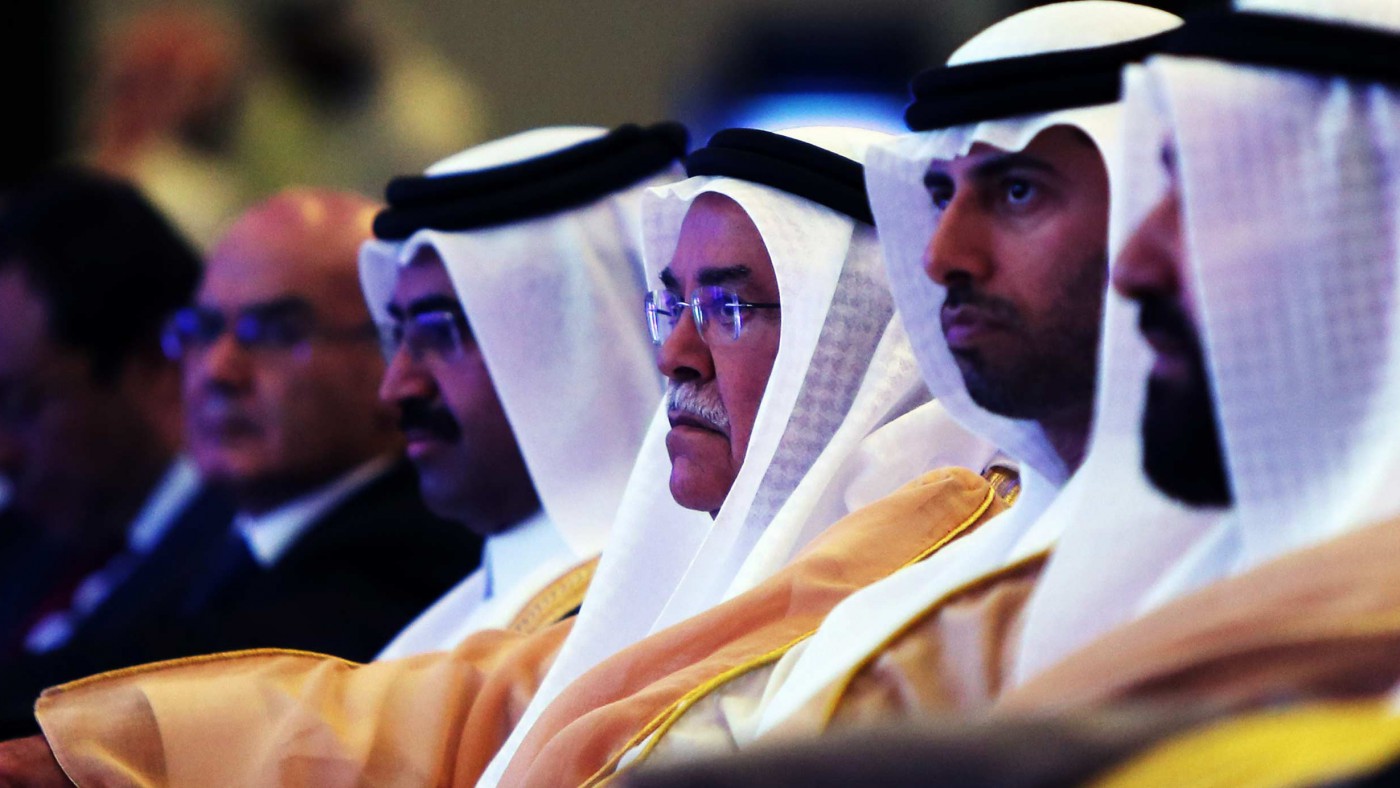Nobody can be quite sure what the mercurial Saudis intend at Friday’s OPEC meeting in Vienna, but it could be of historical significance. The market evidently believes that they will continue to produce more than their OPEC quota, and the benchmark price of Brent is now hovering just above $43 a barrel, having lost some $2.50 this week.
The lighter and sweeter US benchmark, WTI, is trading at $40 a barrel.
The consequences of another leg down in the oil price – and we should believe it when we see it – could be huge.
By pumping more than their fellow-members want them to, the Saudis are encouraging others to cheat their quotas too. OPEC producers are currently producing 2m barrels a day more than the notion cap of 30m barrels a day, and that is before an additional 1m barrels a day hits the market from Iran, possibly beginning in January.
Then there are the nice guys from ISIL. They evidently rely on oil revenues from Northern Iraq, which according to the Russians is leaking illegally onto the market via Turkey.
The Saudis motivation for pumping oil like mad is far from altruistic. They want to drive out marginal producers, whose cost of production is much higher. Typically, they are nice reliable Western projects. Already, Arctic drilling, deep water projects, North Sea production and US shale output have been curtailed.
What would be the consequences of oil retreated further, to say the $37 a barrel it touched in the financial crisis five years ago? Answer: good for consumers, bad for investors and governments.
Consumers would be the biggest beneficiaries. At this rate, the price of a litre of petrol could be down to £1 in the UK by Christmas and this could turn British inflation negative. Already it is effectively zero.
The losers would be the oil producers themselves. Investors are looking at the dividends of Shell and BP, which are not covered by profits, with concern. Many smaller producers are teetering on the financial brink.
Governments too will suffer. In the early 1980s, the UK Treasury made some £24bn a year from the North Sea. But in the last six months revenues were actually negative, as tax breaks gobbled up more than receipts. The SNP based its ridiculously optimistic economic forecasts for an independent Scotland on a price of $110 a barrel. But if they had their way, Scotland would now be near bust, running a deficit heading toward 9% of GDP, three times the rest of the UK, according to the Institute for Fiscal Studies.
The Saudi Arabia is also feeling the pain and the IMF says it is running a budget deficit of an astonishing 20% of GDP. Will they blink tomorrow? Let’s see.


